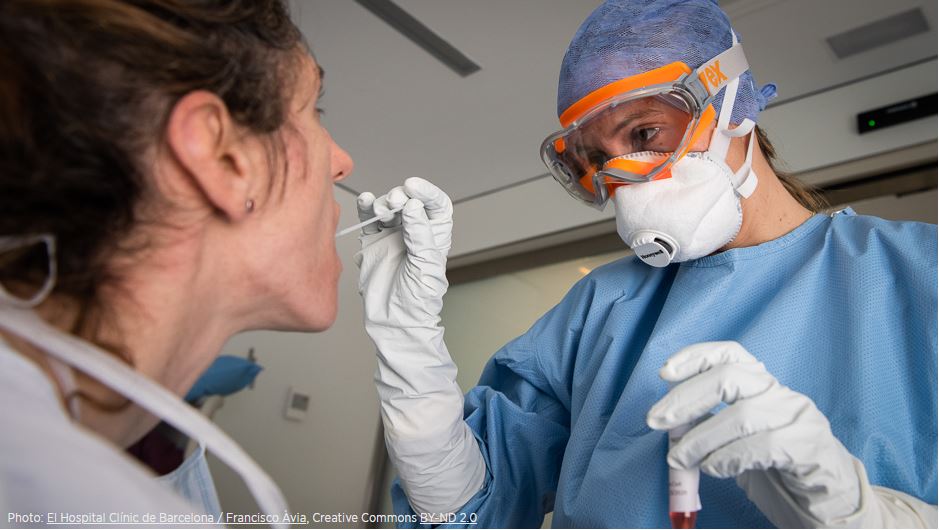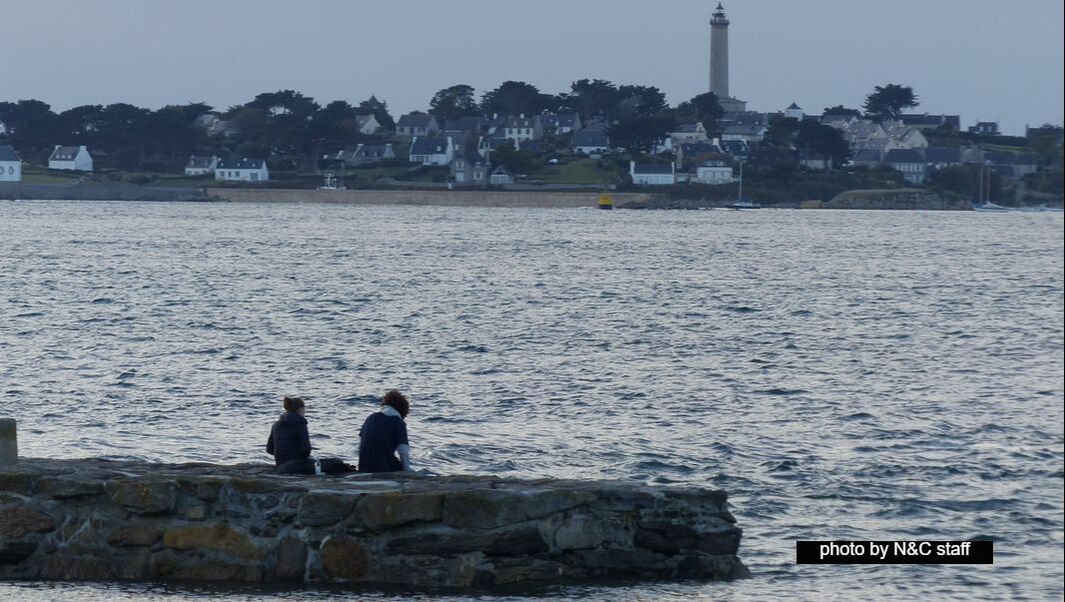N&C - Nature & Cultures
The American University of Paris online geographic magazine for global explorers
Texts, photographs, links and any other content appearing on Nature & Cultures should not be construed as endorsement by The American University of Paris of organizations, entities, views or any other feature. Individuals are solely responsible for the content they view or post.

